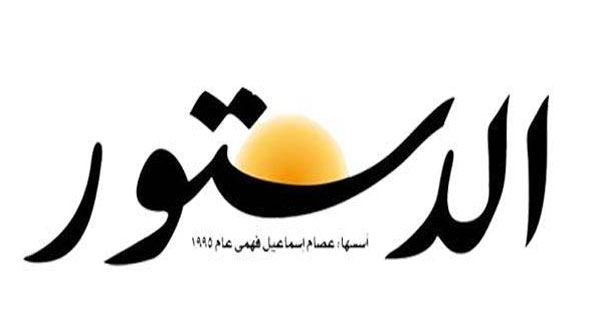“Are you on the road, or in the ditch? Back when I covered labor negotiations 30 years ago, that was the question reporters would ask to get a sense of how contract talks were going. The phrase came back to me last weekend as I listened to a series of relentlessly negative presentations at a conference here on America’s relations with the Muslim world.
We are in the ditch in the Middle East. As bad as you think it is watching TV, it’s worse. It’s not just Iraq, but the whole pattern of America’s dealings with the Arab world. People aren’t just angry at America – they’ve been that way to varying degrees since I first came here 27 years ago. What’s worse is that they’re giving up on us – on our ability to make good decisions, to solve problems, to play the role of honest broker.
Let’s start with some poll numbers presented at the Doha conference by Shibley Telhami, a University of Maryland professor and a fellow of the Saban Center at the Brookings Institution, which co-sponsored the conference with the Qatari Foreign Ministry. The polling was done last year by Zogby International in six countries that are usually regarded as pro-American: Egypt, Jordan, Lebanon, Morocco, Saudi Arabia and the United Arab Emirates.
In these six “friendly countries, only 12 percent of those surveyed expressed favorable attitudes toward the United States. America’s leaders have surpassed Israel’s as objects of anger. Asked which foreign leader they disliked most, 38 percent named US President George W. Bush; former Israeli Prime Minister Ariel Sharon was a distant second at 11 percent; and the present Israeli prime minister, Ehud Olmert, was third with 7 percent.
The poll data show a deep suspicion of American motives: 65 percent of those surveyed said they didn’t think democracy was a real American objective in the Middle East. Asked to name two countries that had the most freedom and democracy, only 14 percent said America, putting it far behind France and Germany. And remember, folks, this is coming from our friends.
During the Doha conference, speakers put into words the attitudes summarized by the poll numbers. Sheikh Yusuf Al- Qaradawi, a fiery Sunni preacher who appears regularly on Al- Jazeera, said that America acted as if “some people were created to lead and others to be led, and that America had “lost the trust and confidence of Muslims. Well, okay, he’s notorious for his anti-America and anti-Israel views. But I heard the same thing from Amr Moussa, the head of the Arab League, who said Arabs were “losing confidence in the US role as a peace broker.
And my friend Rami Khouri, who is one of most balanced journalists in the Arab world, warned that a broad popular front is emerging to challenge American hegemony. Iraq “discredits what America tries to do in the Mideast, he said. Khouri explained that Arabs admire Hizbullah because it represents “the end of docility, the end of acquiescence.
You don’t have to agree with these critics to recognize that the anger they express represents a serious national security problem for the United States. That’s what Bush seems not to understand in his surge of troops into Iraq, his bromides about democracy and his strategy of confrontation with Iran. It isn’t a tiny handful of people in the Arab world who oppose what America is doing. It’s nearly everyone.
To get out of the ditch, America must change its Iraq policy, soon. That doesn’t mean pulling out of Iraq quickly, as many Democrats in Washington seem to favor. I found few people here who thought a quick American pullout made sense. But it does mean shifting the American focus – so that we are talking with Iraq’s neighbors, and negotiating with the Iraqis a timetable for withdrawal of US troops. Tellingly, the one American who got loud, sustained applause here was Chris Kojm, a senior adviser on the Iraq Study Group report.
And to get back on the road, for real, America must broker a settlement of the Israeli-Palestinian dispute. I winced when I heard Olmert say last weekend in Jerusalem that “the American and Israeli positions are totally identical on the terms for recognizing a Palestinian unity government. The Israelis are right in insisting that Hamas must recognize Israel’s right to exist. But how to get there? What if US Secretary of State Condoleezza Rice had responded: America is a mediator in this conflict. Its positions are independent of either side, and it is willing to talk to all parties to achieve peace.
I would have loved to see the looks of astonishment from the America-bashers here. Syndicated columnist David Ignatius is published regularly by THE DAILY STAR.
